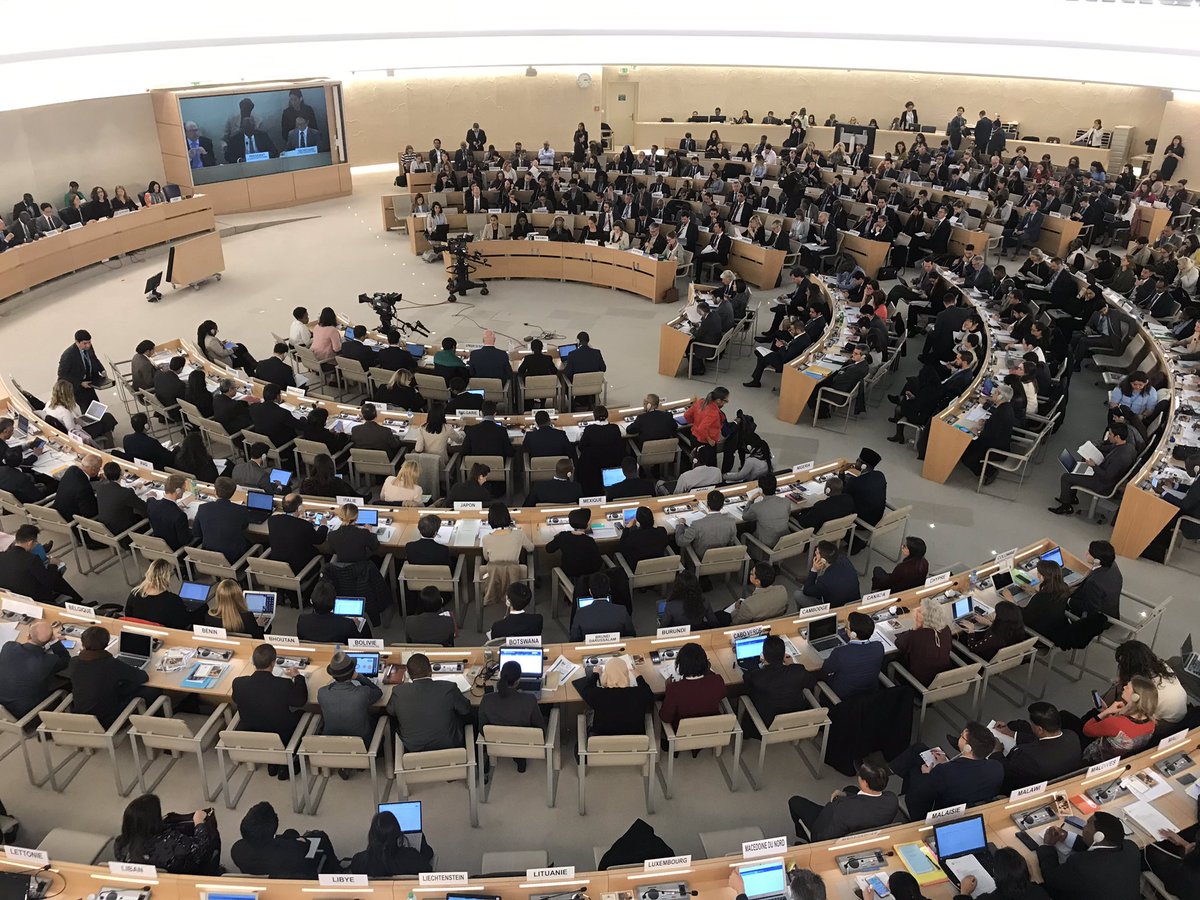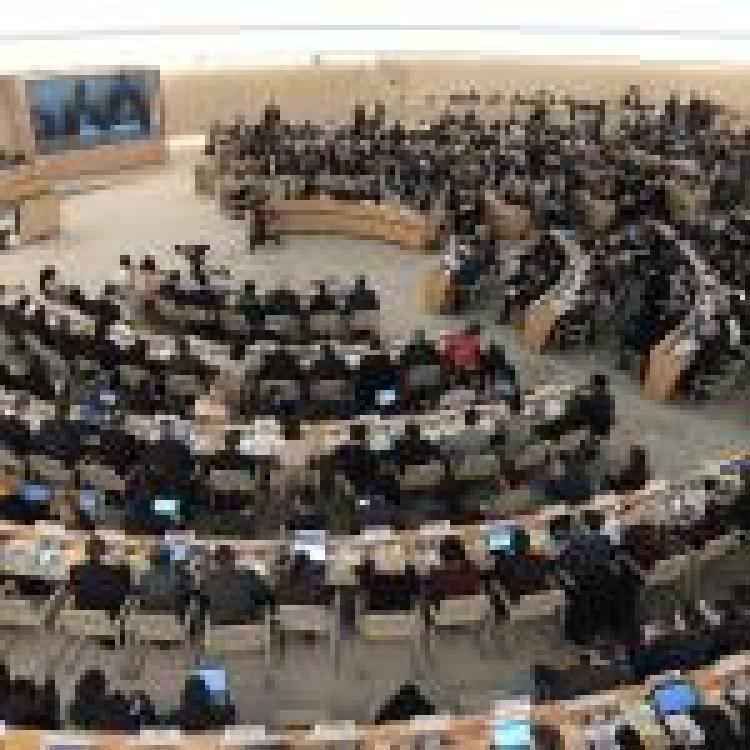
The Sri Lankan government has reportedly decided to withdraw from a United National Human Rights Council resolution that mandated an accountability mechanism for the prosecution of mass atrocities, just weeks before it was due to be discussed in Geneva.
The Daily Mirror reports that a “special meeting” was held at the Presidential Secretariat yesterday with several senior Sri Lankan officials including Foreign Minister Dinesh Gunawardena present. The meeting reportedly concluded that the implantation of the resolution "under the prevailing political realities does not agree with policies of the present government”.
There has been no official announcement from the Sri Lankan government as of yet.
The resolution, which was initially co-sponsored by the previous Sri Lankan regime in 2015, before being extended both in 2017 and 2019, called for a hybrid accountability mechanism with foreign judges and lawyers, to prosecute those guilty of rights abuses. However, both the previous and current regime have repeatedly spoken out against the resolution and pledged to shield troops from prosecution. The resolution was due to be discussed at the Human Rights Council in Geneva in the coming weeks.
Sri Lanka’s foreign minister is reportedly set to inform the UN Human Rights Council of Colombo’s decision next week.
Newsin.asia quoted a "top official" in Sri Lankan president Gotabaya Rajapaksa’s office as stating the government's policy was "to seek a closure of the resolution”. It also reported that Colombo was looking to withdraw from co-sponsorship of the resolution.
“In other words, the decision had no mandate. It was because co-sponsorship was resorted to without taking the domestic stakeholders into consideration that the accountability mechanisms demanded by the resolution could not be put in place. The constitution and legal system of Sri Lanka had no place for some of the mechanisms and these and other measures that the then government had committed itself to ran into popular opposition. It was because of the lack of mandate that 30/1 of 2015 could not be implemented in the last five years,” the source added.
The move will heighten calls on the international community to find alternative pathways towards justice and accountability more than a decade after tens of thousands of Tamil civilians were killed by a Sri Lankan government offensive. Tamil groups in the North-East and around the world have called on Sri Lanka to be referred to the International Criminal Court (ICC) and for states around the world to exercise universal jurisdiction to ensure those guilt of rights violations face prosecution.
The government’s decision to withdraw from the UN resolution comes just days after the United States announced a travel ban on the current head of the Sri Lankan army, Shavendra Silva, citing his role in overseeing mass atrocities and extrajudicial killings during the 2009 massacres.

